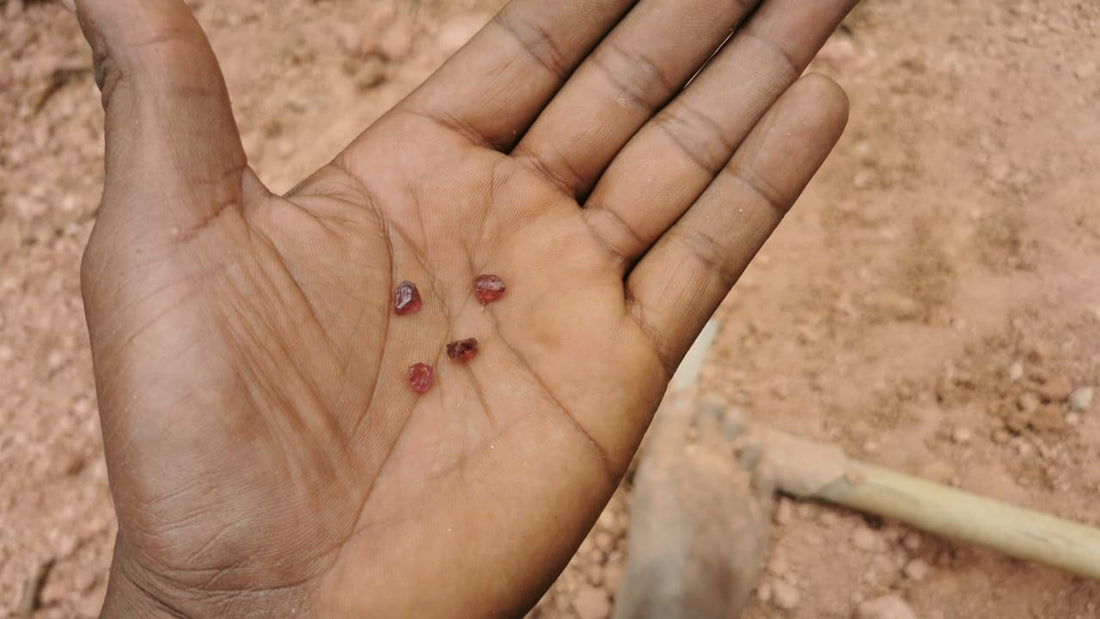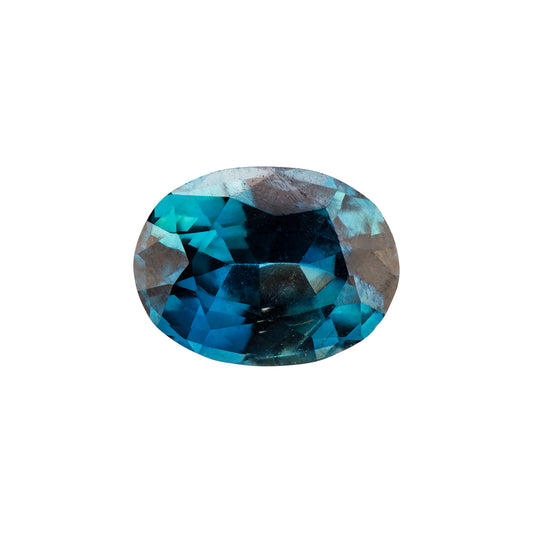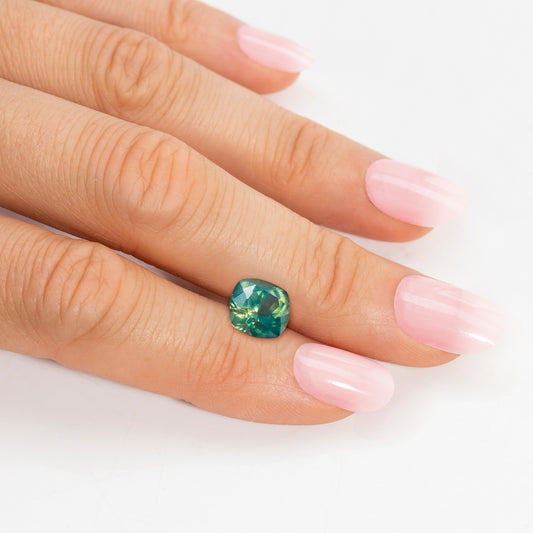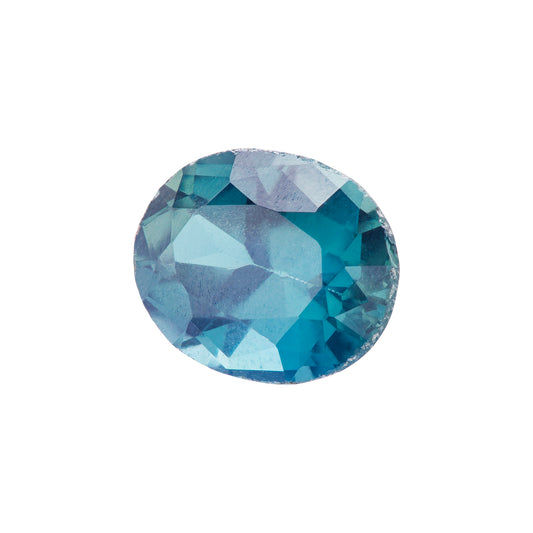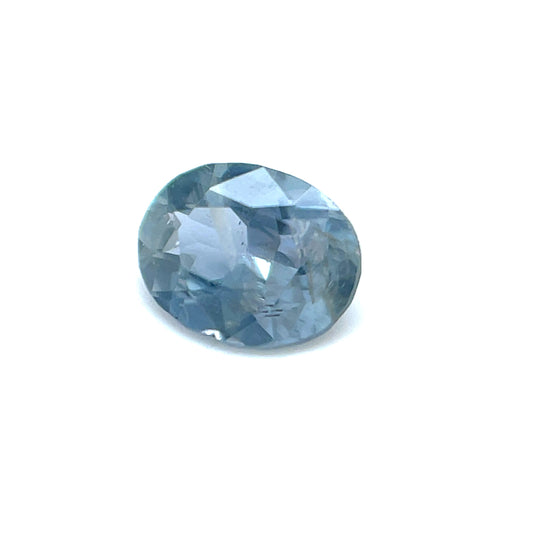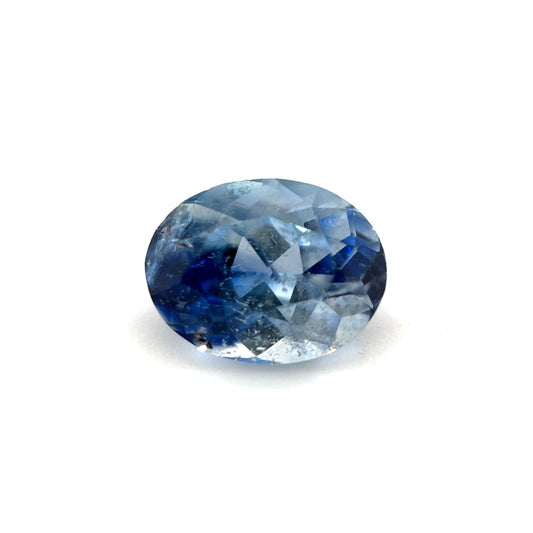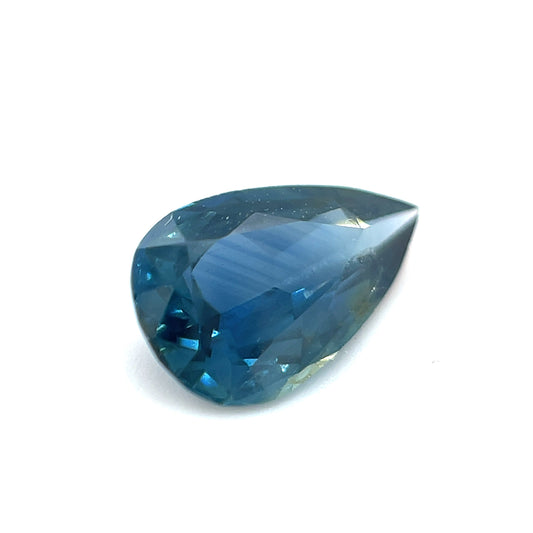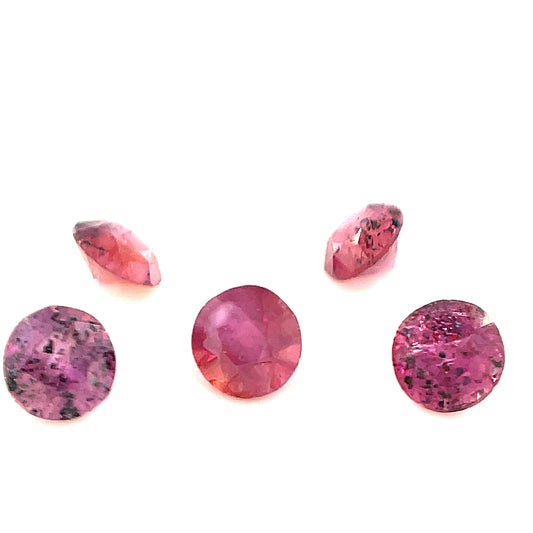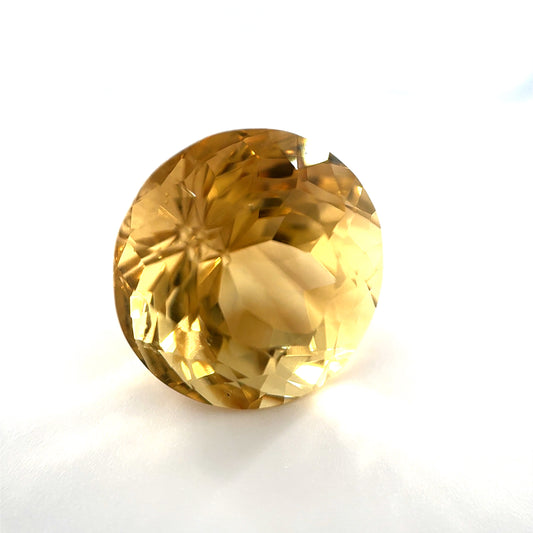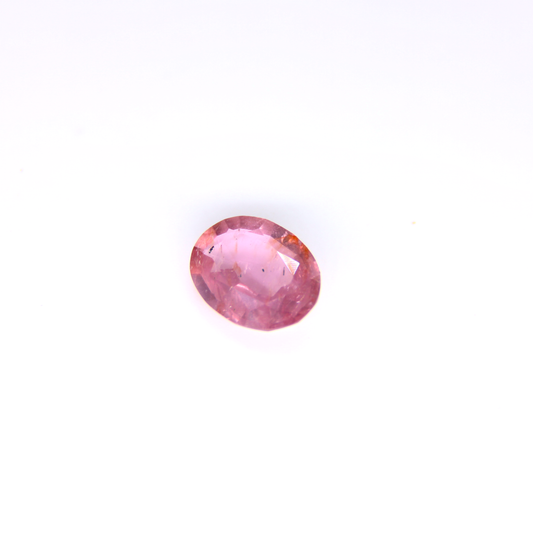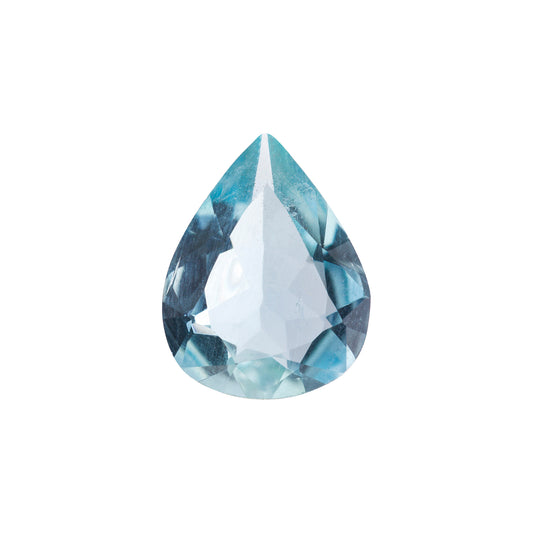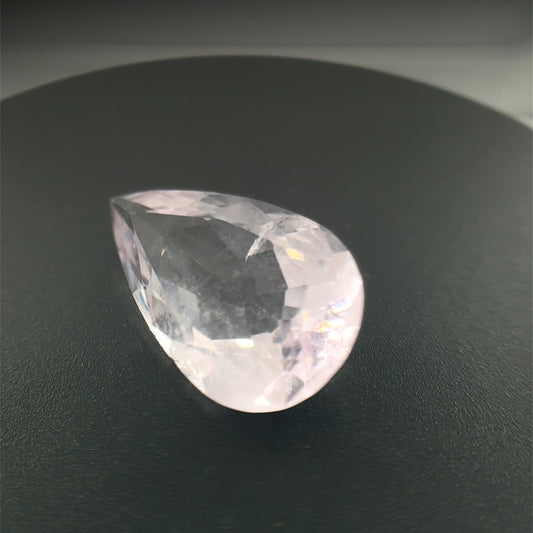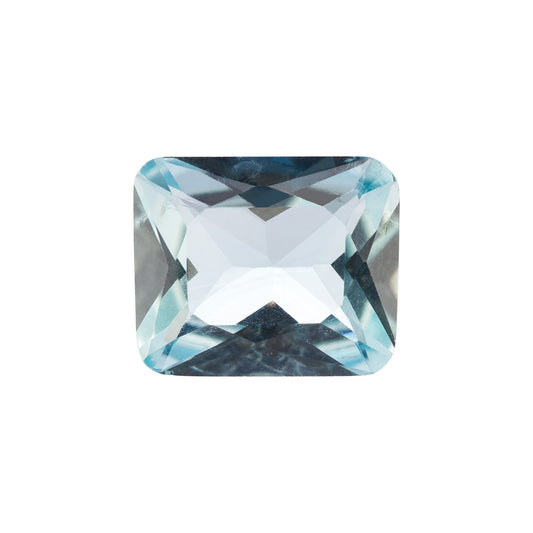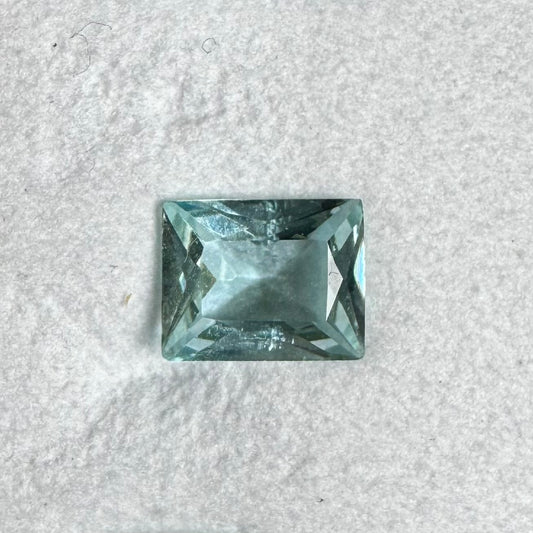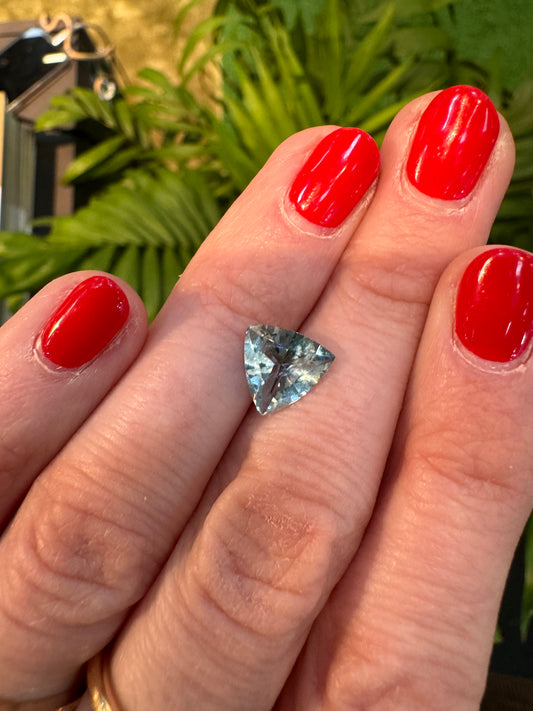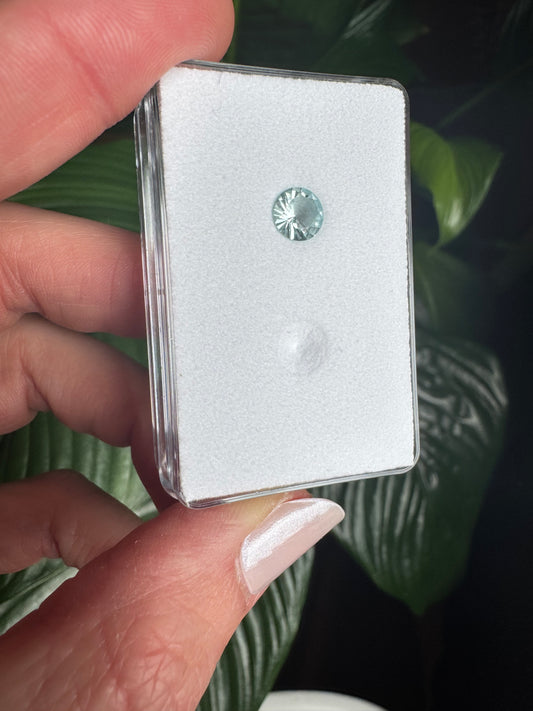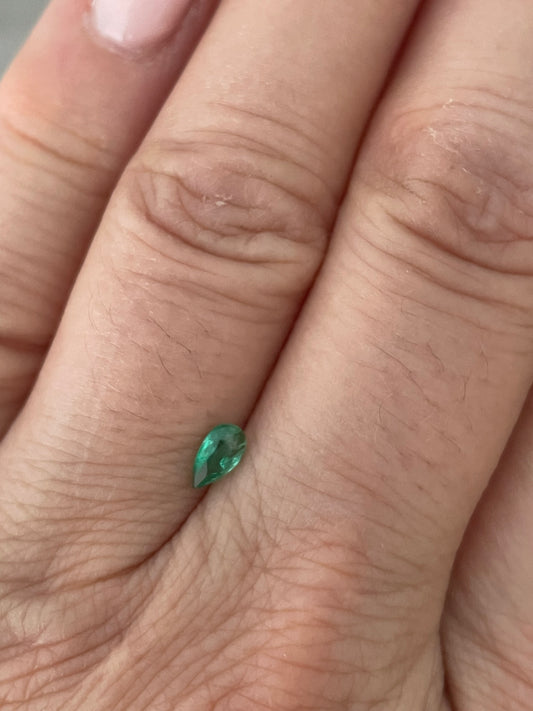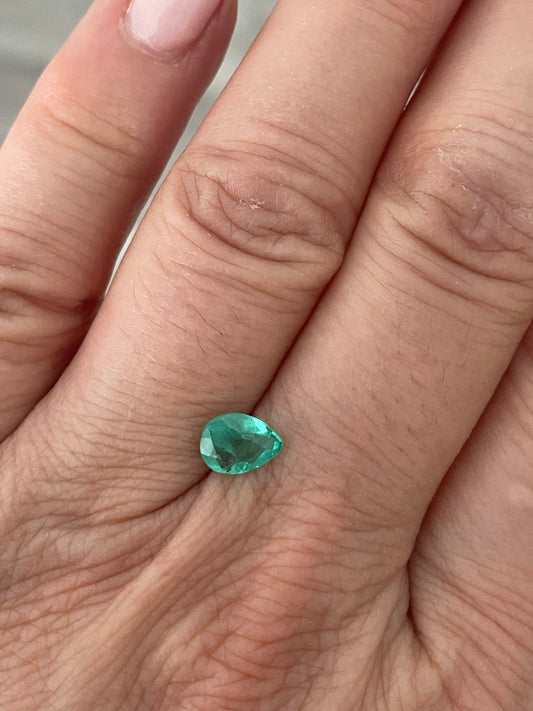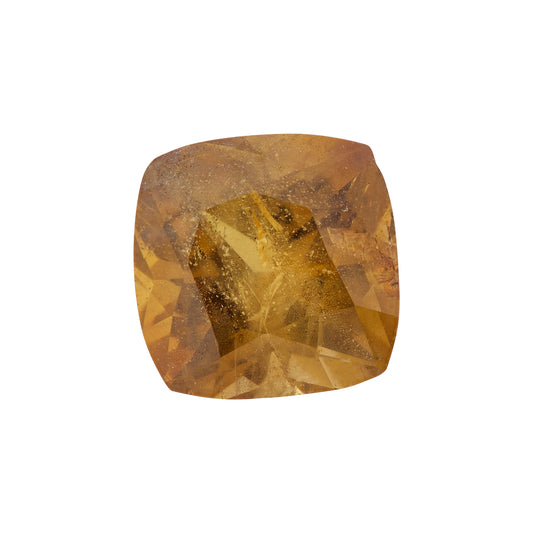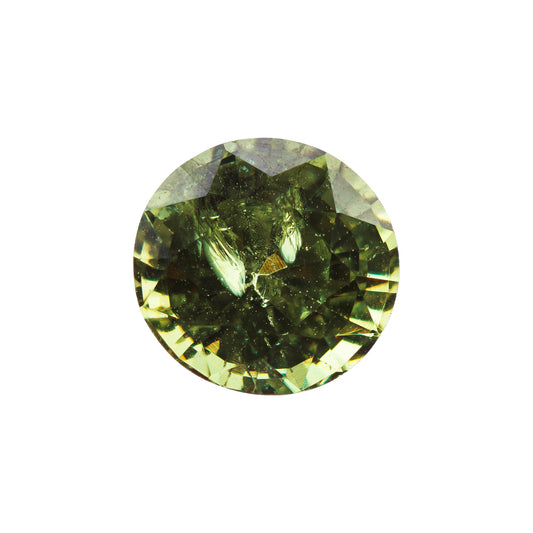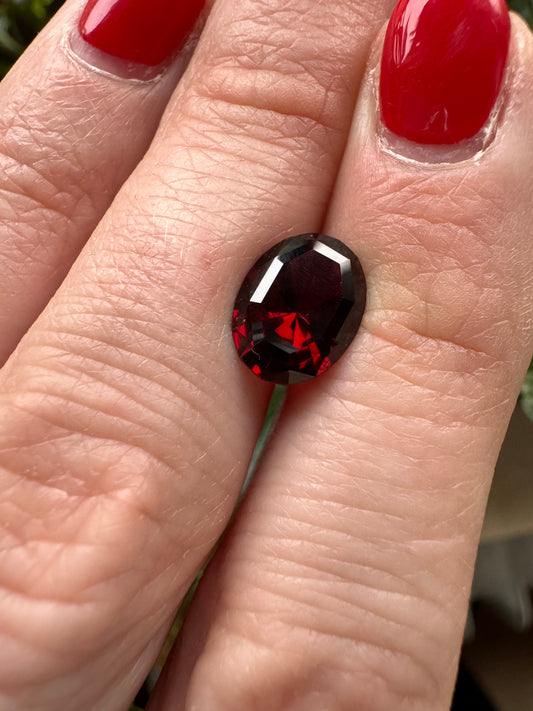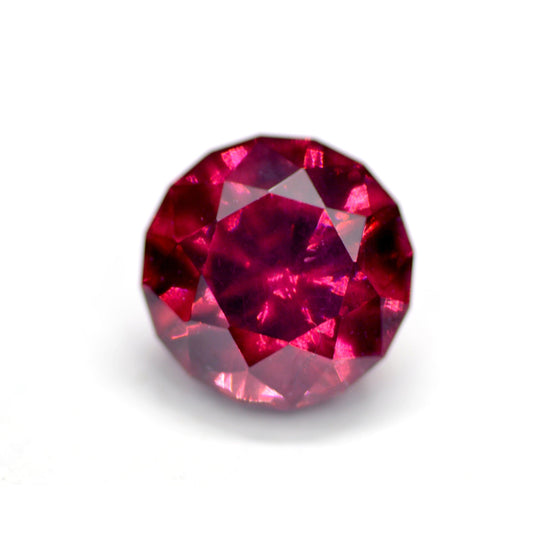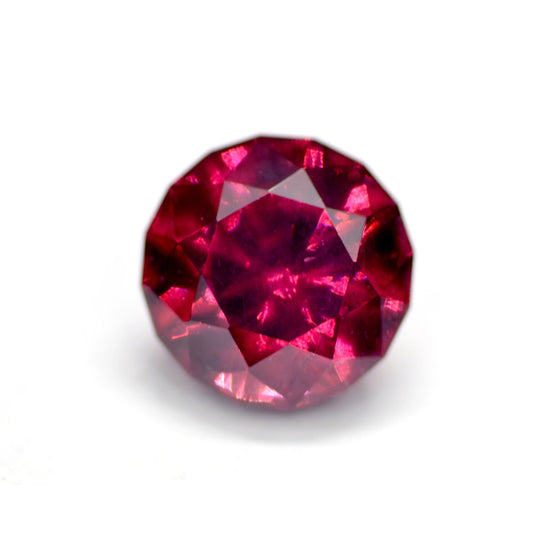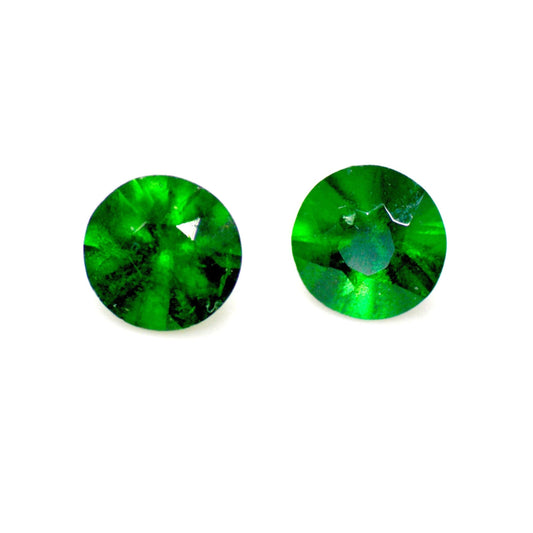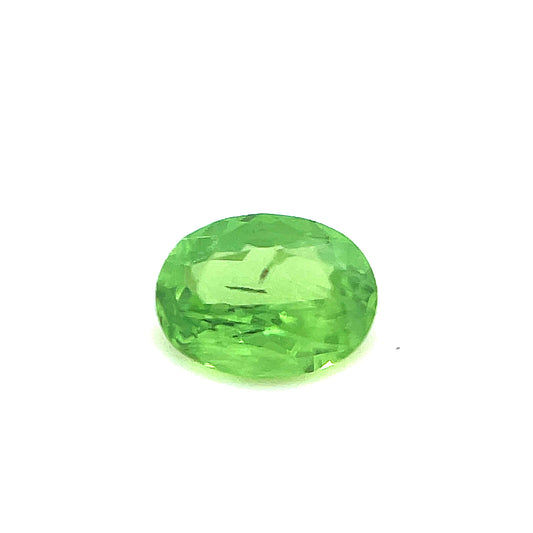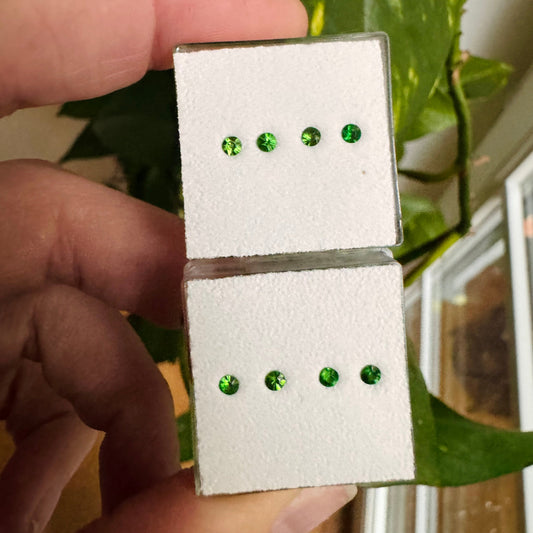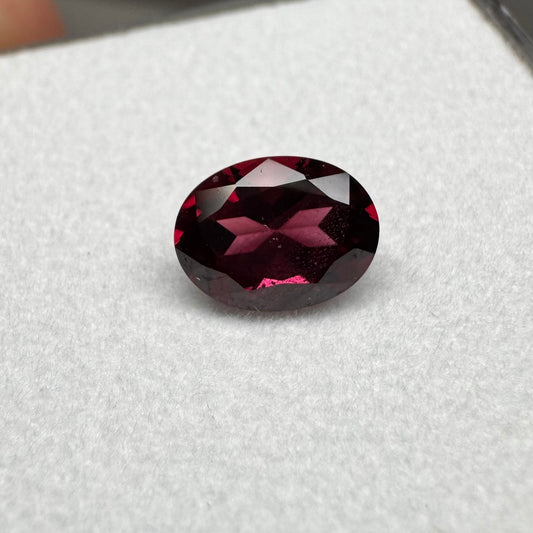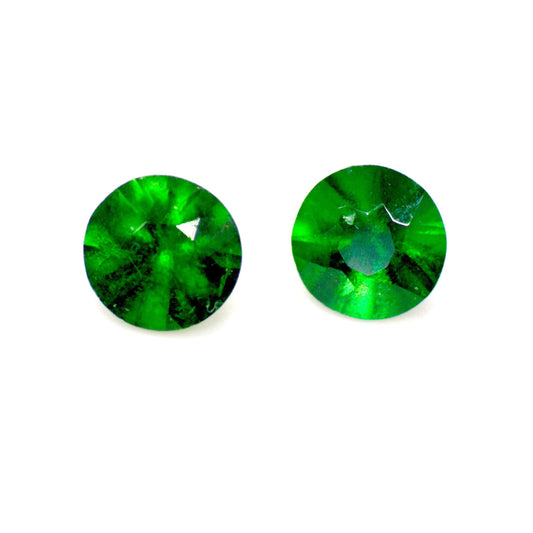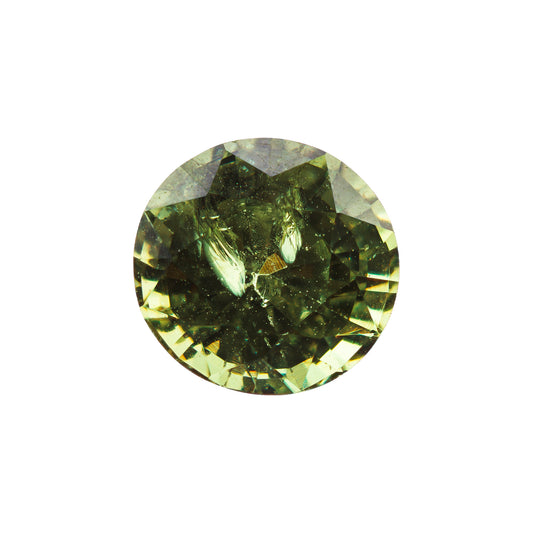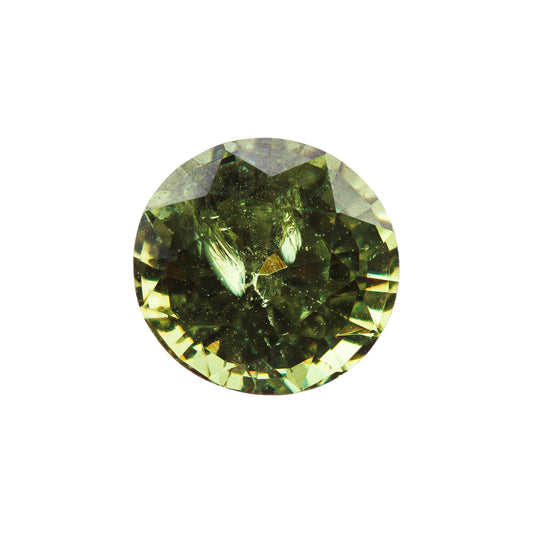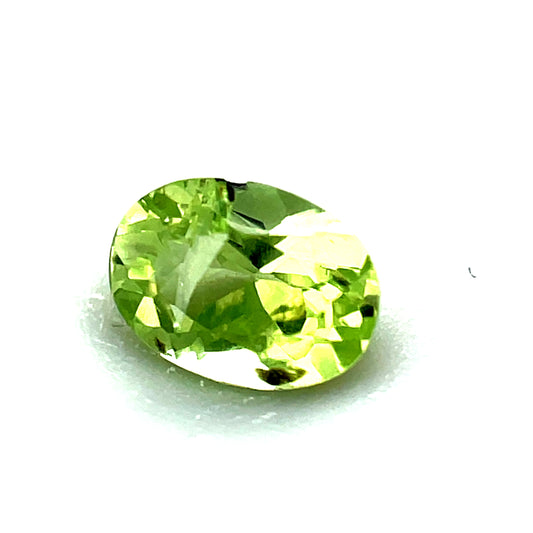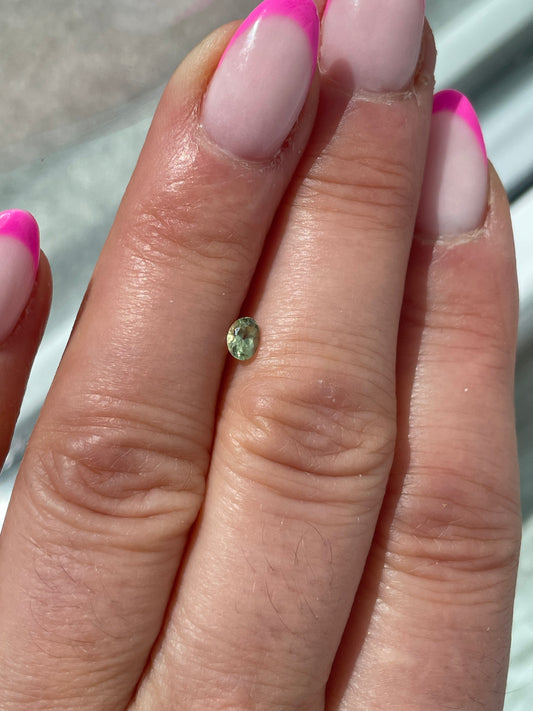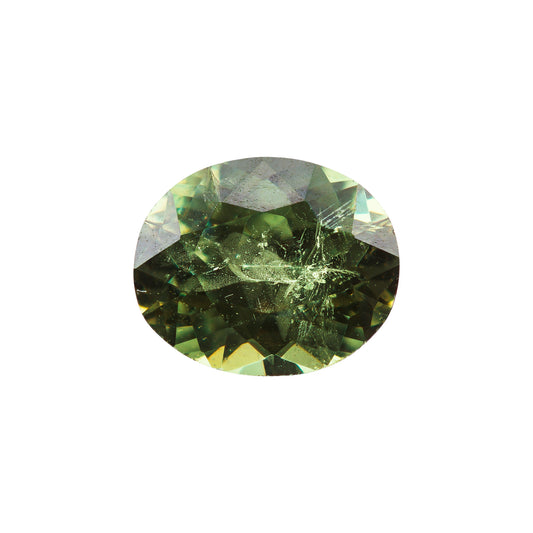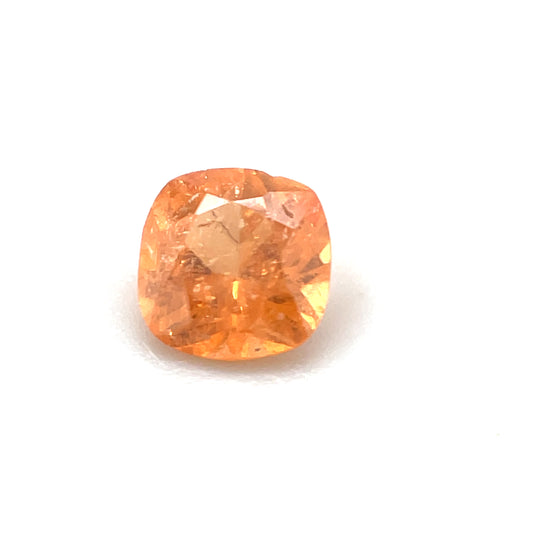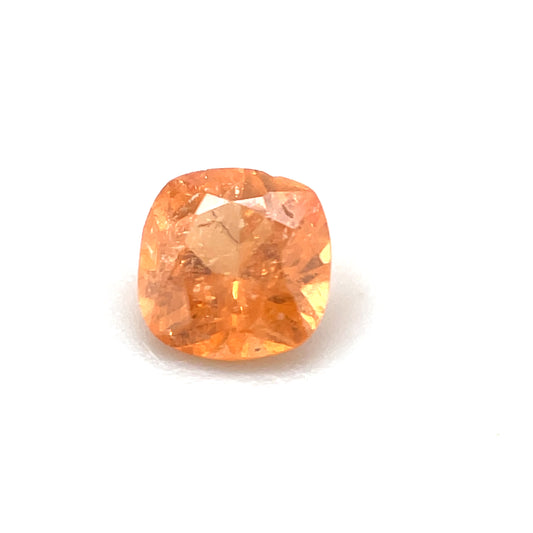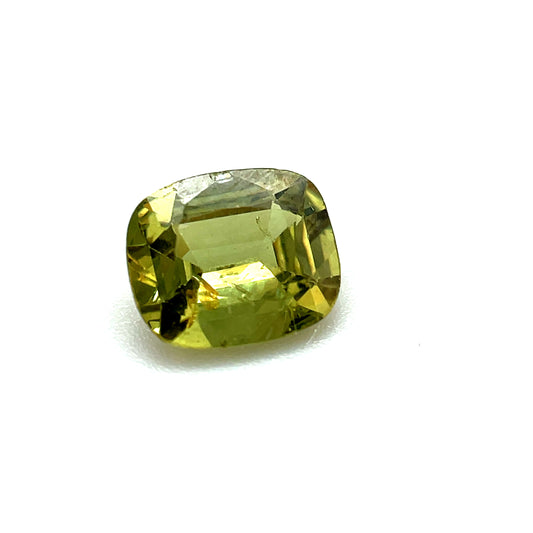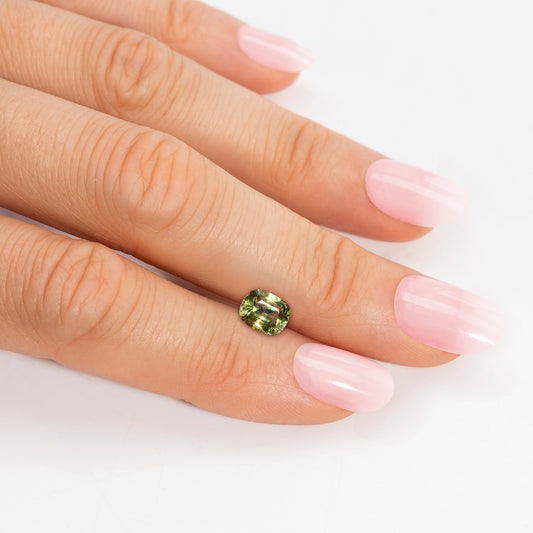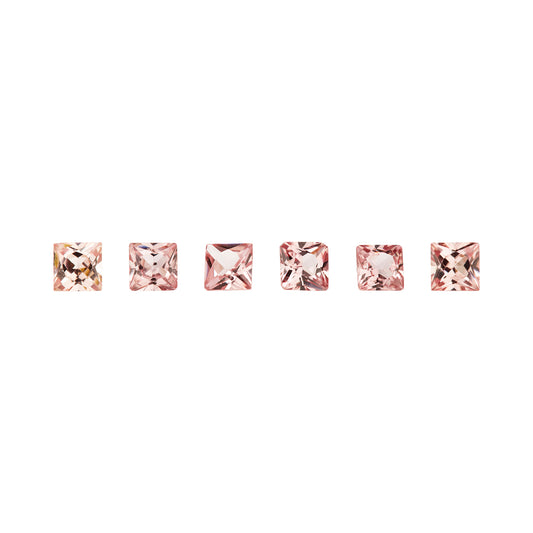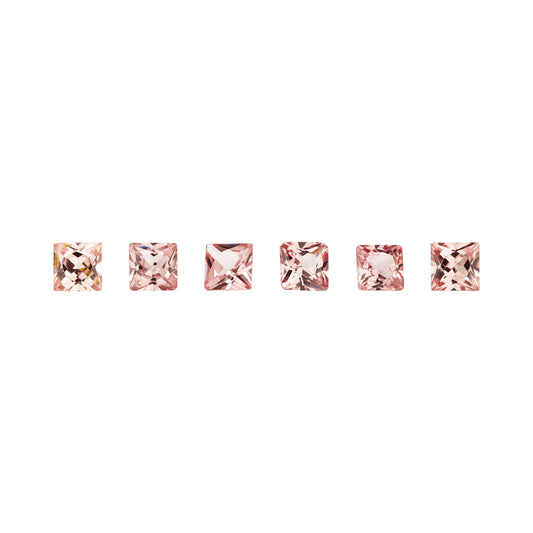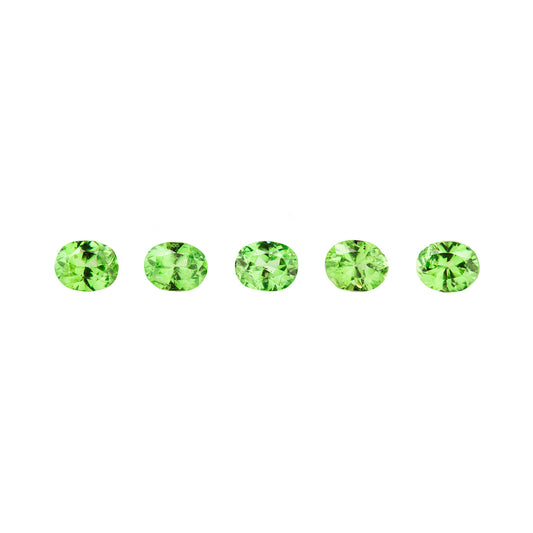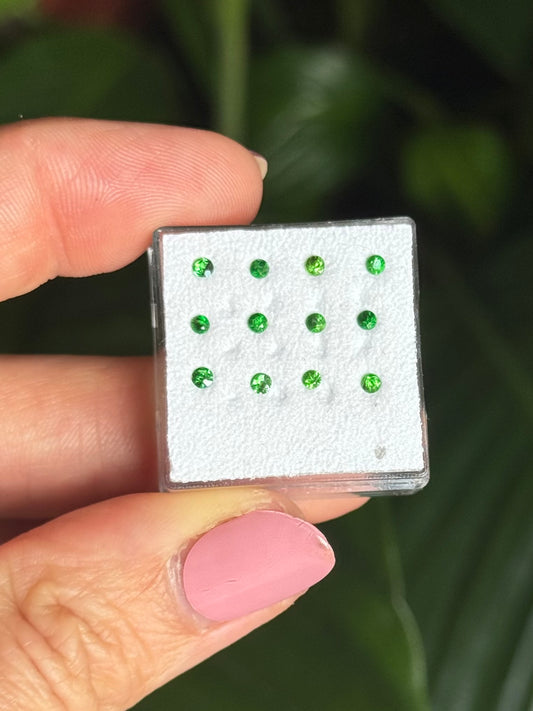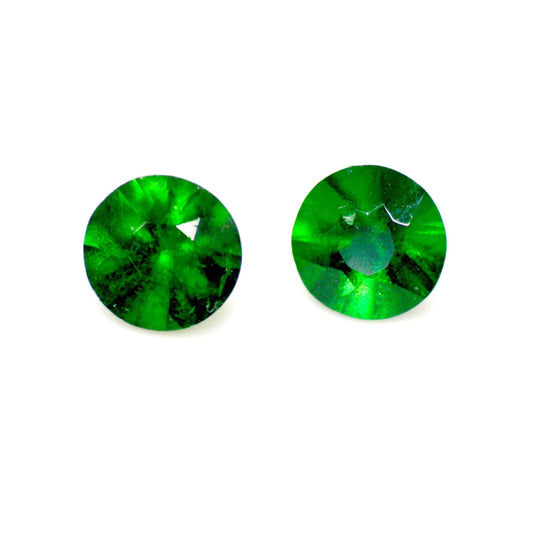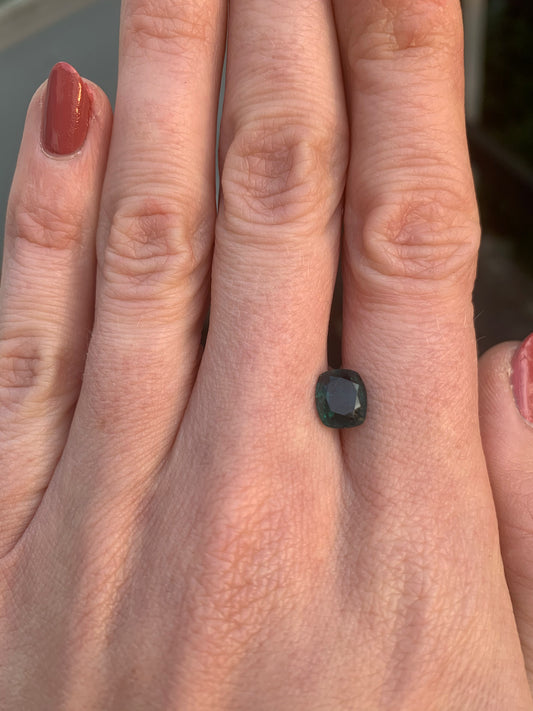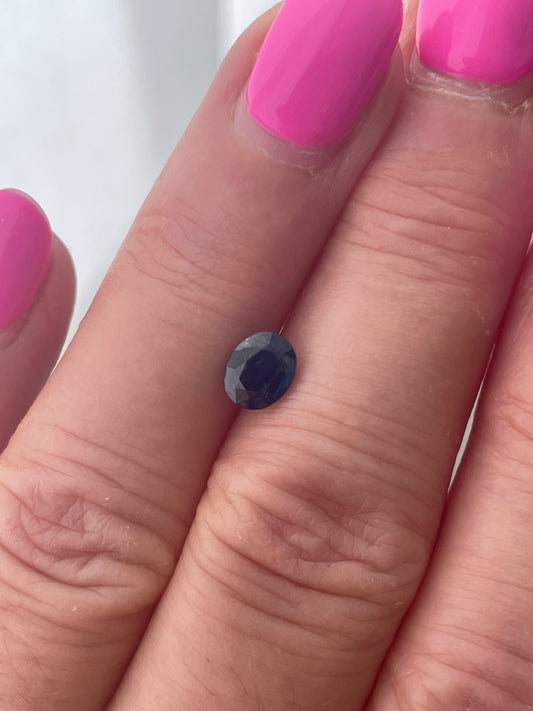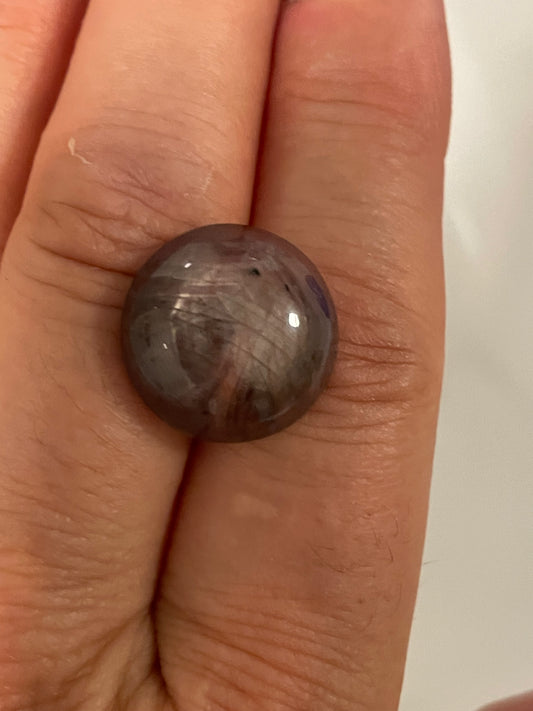Fairness is one of the topics that gains an increasingly important role for costumers. We want products we consume to be produced under ethically responsible and sustainable conditions.
Looking at examples such as clothing, cocoa or even coffee, it has been shown repeatedly that fair production methods are anything but a matter of course. People at the beginning of the supply chain are often exploited. There is a great price pressure and most of the profit usually stays outside the countries of origin.
Unfortunately, this is no different with jewellery and gemstones.
Therefore, when MIADANA was founded, we were aware that we wanted to take a different, fairer path. We believe that products should never be made at the expense of the people who make them. For us, a fair production is a matter of course and one of our most important cornerstones. At MIADANA you will find gemstones with a guaranteed socially just origin.
What exactly does fair mean in connection with gemstones and MIADANA? You can find more information about this in the following article.
The difficulty with gemstones
Gemstones often lack information about the conditions under which they were mined. They are usually extracted raw in the countries of origin. Mostly, they are then ground much more cheaply in Asia than would be possible in the countries of origin.
They then reach the European market via several intermediaries. Tracing each stone or knowing how it was cut is next to impossible. In addition, other retailers join the supply chain through sales at trade fairs or online exchanges.
For customers, it is often incomprehensible to retrace whether they are supporting forced labour, child labour, armed conflicts or environmental pollution when buying jewellery or gemstones. In addition, miners in the countries of origin frequently get prices below the average world market prices due to the high price pressure.
In addition, it is also the same as with many other products: the raw materials are obtained in the countries of origin, but the majority of the profits are then distributed outside of them.
Our approach at MIADANA
When we founded MIADANA, it was clear to us that we wanted to work transparently, sustainably and with a commitment to social responsibility.
Trina has been digging for gems in his home country, Madagascar, for almost 20 years. He knows the various deposits on site and knows about the downsides of mining, the working conditions and the low margins on raw materials, which only gain disproportionately high value after the grinding process.
Therefore, Alina and he decided that things cannot go on like this. They want the local economy to be promoted in the interests of the Malagasy themselves and not in the interests of foreign investors. This is how the goal to sell gemstones from responsible sources on the European market was born.
How does MIADANA do things differently?
Our gemstones come from responsible origins. They are mined fairly and in an environmentally friendly manner. In addition, they come to the European market without detours and intermediaries.
We only sell raw goods in exceptional cases. The reason is that we want to have the grinding work carried out by local Madagascan grinding companies in order to be able to leave as much of the value chain as possible during production on the island.
Our gemstones come from Malagasy village communities. We started our first project near Vatomandry. Rubies have been mined in the region for over 20 years. Gem deposits are secondary here. This means that the holes are a maximum of three meters deep, so that reforestation in the tropical and humid east of Madagascar also works well.
Meanwhile, we have further projects of this kind for beryls in Tanambe/Andilana, sapphires in Ambondrofe or rubies in Andilamena.
We also work with independent prospectors across the country, who are rewarded for their finds with prices above the average world market prices.

So, what does fair mean at MIADANA?
For us, fair trade and business consists of three pillars: fair in relation to the environment, fair in relation to the workers and fair in relation to the country.
We are convinced that more sustainability can only be brought into the production of jewellery through fair wages, ethical working conditions and environmentally friendly mining. In this way, we want to create sustainable economic structures locally and awareness of the origin and extraction of gemstones in Europe.
Fair in relation to the workers
Social and economic equality are very important to us. Therefore, a partnership on an equal footing with the local Madagascan miners is essential.
We support local small-scale mining by providing local prospectors with basic equipment when searching for gems. The cooperation with our miners is based on trust. They dig independently and report back to us regularly. No Western system will be imposed on them.
It is also possible to monitor the production process on site. This ensures that healthy, safe and humane conditions are created on site and at the same time that the regulations are observed from a professional point of view in all areas.
We are guaranteed to buy the finds at above-average world market prices, no matter how high they are.
In addition, we also support self-initiated small-scale mining in the so-called mine-to-market principle. This means that independent small-scale miners must prove that they dug their gemstones under safe, socially just and environmentally friendly conditions. They are trained in security measures and undertake to disclose their working methods.
Fair in relation to the environment
The mining of our gemstones must be as environmentally friendly as possible. The rivers surrounding our mines are only insignificantly polluted. In addition, the holes at the secondary sites are only deep enough for subsequent reforestation to work well. After a mine is closed, the soil can be poured back into the pit and planted. At primary sites, the holes are deeper and the soil is drier. These mines are always designed for a longer period of time, usually even years. Farmers lease their land here and are also financially involved in the finds.
By quarrying gemstones with minimal impact on our environment, we are helping to transform the jewellery industry.
Fair in relation to the country
We keep production local in Madagascar as much as possible. This means that the grinding and polishing take place in the Malagasy capital of Antananarivo. In this way, we want to support the local economic structures and leave as large a part of the value chain as possible in the country during production.
The graphic shows how our supply chain at MIADANA differs from the conventional approaches in the industry. On the left you can see that the country of origin of the gemstones is usually only represented in the first two steps of the supply chain. They are mined in the country and go from local traders to international ones. The stones are cut in international cutting shops (mostly in Asia) and then, via a further intermediate step, come from international dealers to large trading centers and trade fairs before they are purchased by companies in the jewelry industry. At MIADANA, on the other hand, the gemstones are mined in our own mines and in those of partners and cut by our local, Madagascan cutters. In these two steps, Trina is in direct contact and keeps an eye on the necessary quality criteria for fair production. In the third and last step, our gemstones are brought into the jewelery industry by Alina.

Our criteria for a fair production
In order to be able to guarantee fair production of our gemstones, we have established criteria for fair production and fair trading. Both our projects and our independent prospectors follow these.
In this way, we ensure that work can be carried out under safe and humane conditions on site and that the majority of the value chain remains in Madagascar.
Our criteria:
- Children are not employed either in the mine or in the grinding shop; a minimum age of 16 is required.
- The miners work independently, under ethically correct, that is as safe, healthy and humane conditions as possible.
- The mining of our gemstones is environmentally friendly. The surrounding rivers are insignificantly polluted, and the earth is – where possible – poured back into the pit after the closure of a mine and then planted.
- The employees benefit from a purchase guarantee. This is priced above the world market prices.
- Self-employed artisanal miners across the country can be supported in their quest to become self-sufficient by having their finds sold at prices in excess of the world market price.
- The existing structures of local artisanal mining are respected – no western system is imposed.
- As far as possible, production is kept local. This means that the grinding and polishing take place in the Madagascan capital of Antananarivo. In this way, we want to support the local economic structures and leave as large a part of the value chain as possible in the country.
- Our grinders work in regular working hours. They also have a safe, that is non-hazardous, work environment.
- Direct contact with German jewellers, goldsmiths and jewellery designers avoids unnecessary intermediate trade levels and thus price surcharges.
We are convinced: if the jewellery and gemstone industry demands of itself that it works transparently, socially justly and responsibly along its supply chain, we are on the right track. This is the only way we can achieve more sustainability and fairness.
By being aware of the origin and extraction of gemstones, jewellery lovers can wear their gems with a good feeling and proudly.

